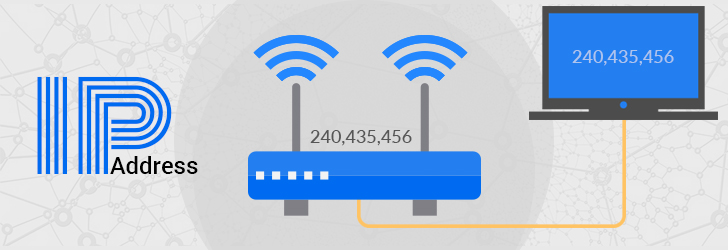In an increasingly digital world, safeguarding your online security and privacy is paramount. One essential aspect of online security is protecting your IP address, which acts as a unique identifier for your device when connected to the internet. Therefore, in this guide, we’ll delve into the importance of IP address protection and explore effective strategies to keep your online activities safe from prying eyes.
Understanding IP Addresses
An IP address, or Internet Protocol address, is a numerical label assigned to each device connected to a computer network that uses the Internet Protocol for communication. Also, your IP address can reveal information about your location, internet service provider (ISP), and browsing activity, making it a valuable target for cybercriminals and data trackers.
Importance of IP Address Protection
Protecting your IP address is crucial for safeguarding your online privacy and security. Also, by concealing your IP address, you can prevent third parties from tracking your online activities, accessing your personal information, and potentially compromising your sensitive data. Additionally, IP address protection allows you to bypass geo-restrictions and access content that may be restricted in your region.
Strategies for IP Address Protection
Use a Virtual Private Network (VPN)
A VPN encrypts your internet connection and routes your traffic through a secure server, masking your IP address and enhancing your online privacy.
Use Proxy Servers
Proxy servers act as intermediaries between your device and the internet, allowing you to browse the web anonymously by hiding your IP address.
Enable Firewall Protection
Utilize firewall software to monitor and control incoming and outgoing network traffic, providing an additional layer of defense against unauthorized access to your device.

Regularly Update Security Software
Keep your antivirus and anti-malware software up to date to protect against potential security threats and vulnerabilities.
Avoid Clicking on Suspicious Links
Be cautious when clicking on links in emails, messages, or websites, as they may lead to phishing scams or malicious websites designed to steal your information.
Use Secure Passwords
Ensure that you use strong, unique passwords for your online accounts and regularly update them to minimize the risk of unauthorized access to your devices and accounts.
Practice Safe Browsing Habits
Be cautious when browsing the internet and avoid visiting suspicious websites or downloading files from unknown sources, as they may contain malware or phishing attempts designed to compromise your security.
Enable Two-Factor Authentication (2FA)
Implement two-factor authentication wherever possible to add an extra layer of security to your online accounts. This method requires you to provide a second form of verification, such as a code sent to your phone, in addition to your password.
Regularly Clear Cookies and Browser History
Clearing your browser cookies and history can help minimize the amount of data that websites and advertisers can track about your online activities, enhancing your privacy.
Stay Informed and Updated
Keep yourself informed about the latest cybersecurity threats and best practices for online security. Also, stay updated on software patches, security updates, and news related to IP address protection to ensure that you are taking proactive steps to protect your online privacy.
Conclusion
Therefore, protecting your IP address is essential for safeguarding your online security and privacy in an increasingly interconnected world. By implementing the strategies outlined in this guide, such as using a VPN, proxy servers, and firewall protection, you can enhance your online privacy and minimize the risk of cyber threats. Moreover, remember to stay vigilant and proactive in defending your online security, as protecting your IP address is a crucial step in maintaining a safe and secure online presence.

